
Readings about the future of team knowledge.

The Knowledge Suite: your docs are great, but they're not everything
By Ishaan Gupta

How we built Super - The 1st reliable Enterprise Search
By Christophe Pasquier

2024 Recap, & The Quiet Art of Building Better Things
By Ishaan Gupta

Seven surprising ways teams actually use AskX
By Ishaan Gupta

AI search is broken, but we can fix it.
By Christophe Pasquier

How to close the project management gap with Slite & Linear
By Ishaan Gupta

It's not only the UI pattern you choose, it's how it works
By Cynthia Sanchez

Knowledge Management as a team sport
By Anouk van Tuinen

Is Slack your accidental Knowledge Base?
By Christophe Pasquier

Why do you need a Knowledge Base? Here’s why our customers did.
By Ishaan Gupta
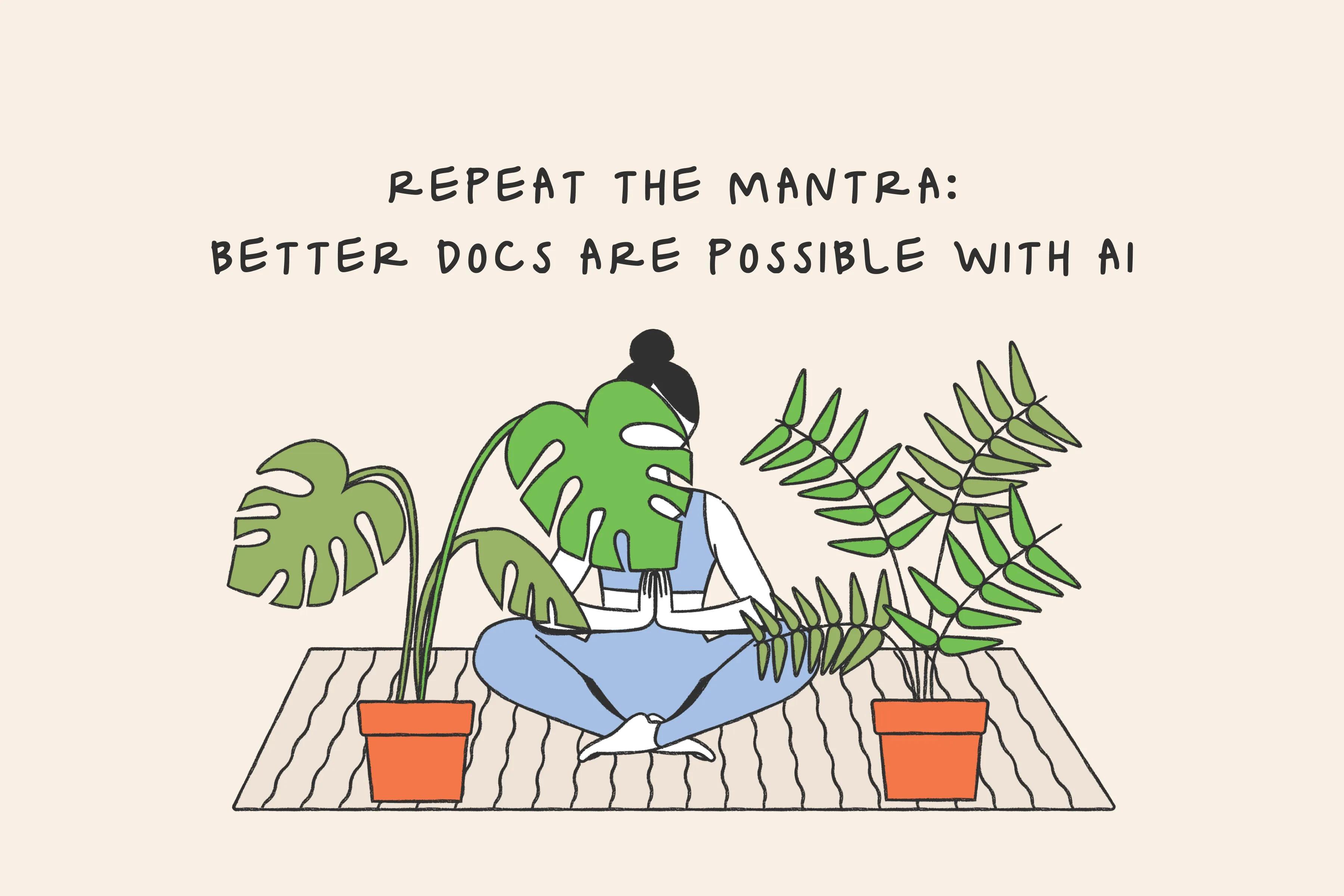
How to use AI to create better docs
By Anouk van Tuinen

Driving action with knowledge base insights
By Anouk van Tuinen

How to write SOPs? Templates included
By Ishaan Gupta

AI as your personal journalist
By Florian Gaultier

Signs your Knowledge Base needs some love
By Elisa Reggiardo

Escaping the knowledge maze at scale
By Veta Armonaite

How to craft your day 1 employee onboarding experience?
By Ishaan Gupta

Predictions for our industry in 2024
By Christophe Pasquier

How to build a company wiki that doesn't suck
By Ishaan Gupta

No-brainer tools every remote-first startup can use in 2025
By Ishaan Gupta

Slite in 2023: the dawn of the actual Knowledge base
By Christophe Pasquier

Building a heat map for docs
By Benjamin Delamarre

How we skipped conventional translation tools
By Arnaud Rinquin

Trick or Treat?
By Elisa Reggiardo

Boost Your Workflows with Slite & Zapier
By Elisa Reggiardo

Taking Knowledge From Theory to Practice
By Elisa Reggiardo

Knowledge Base Organization 101
By Elisa Reggiardo

Knowledge comes in many flavours, Part 1: Types of knowledge
By Elisa Reggiardo

Introducing the all-new Slite: the future of knowledge management
By Christophe Pasquier

How to use language models' tacit knowledge
By Jim Fisher

The trust engine
By Elisa Reggiardo

Do you really need a doc approval flow?
By Elisa Reggiardo

Nailing the basics of team knowledge management
By Lauren Christiansen
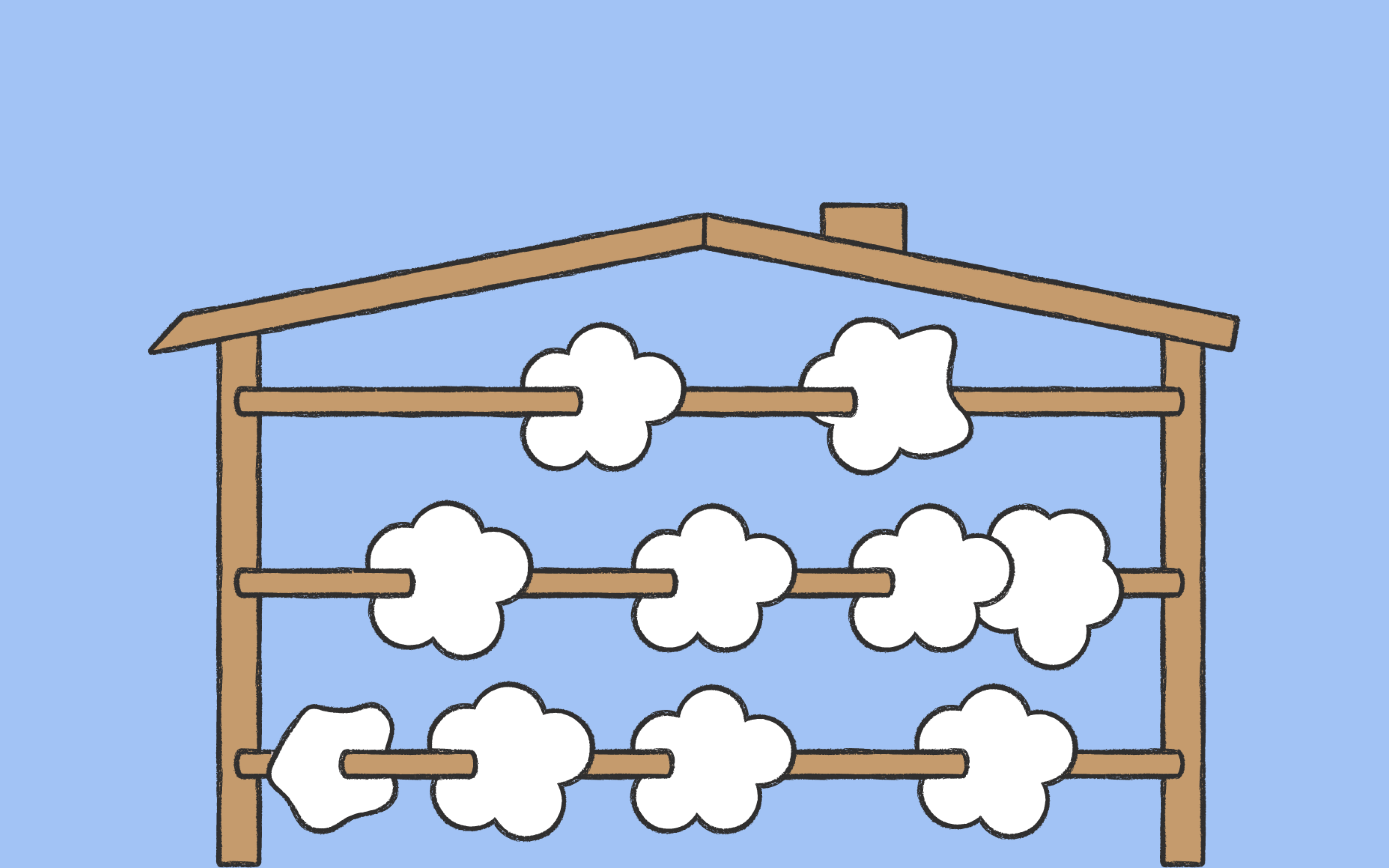
The big question
By Anouk van Tuinen
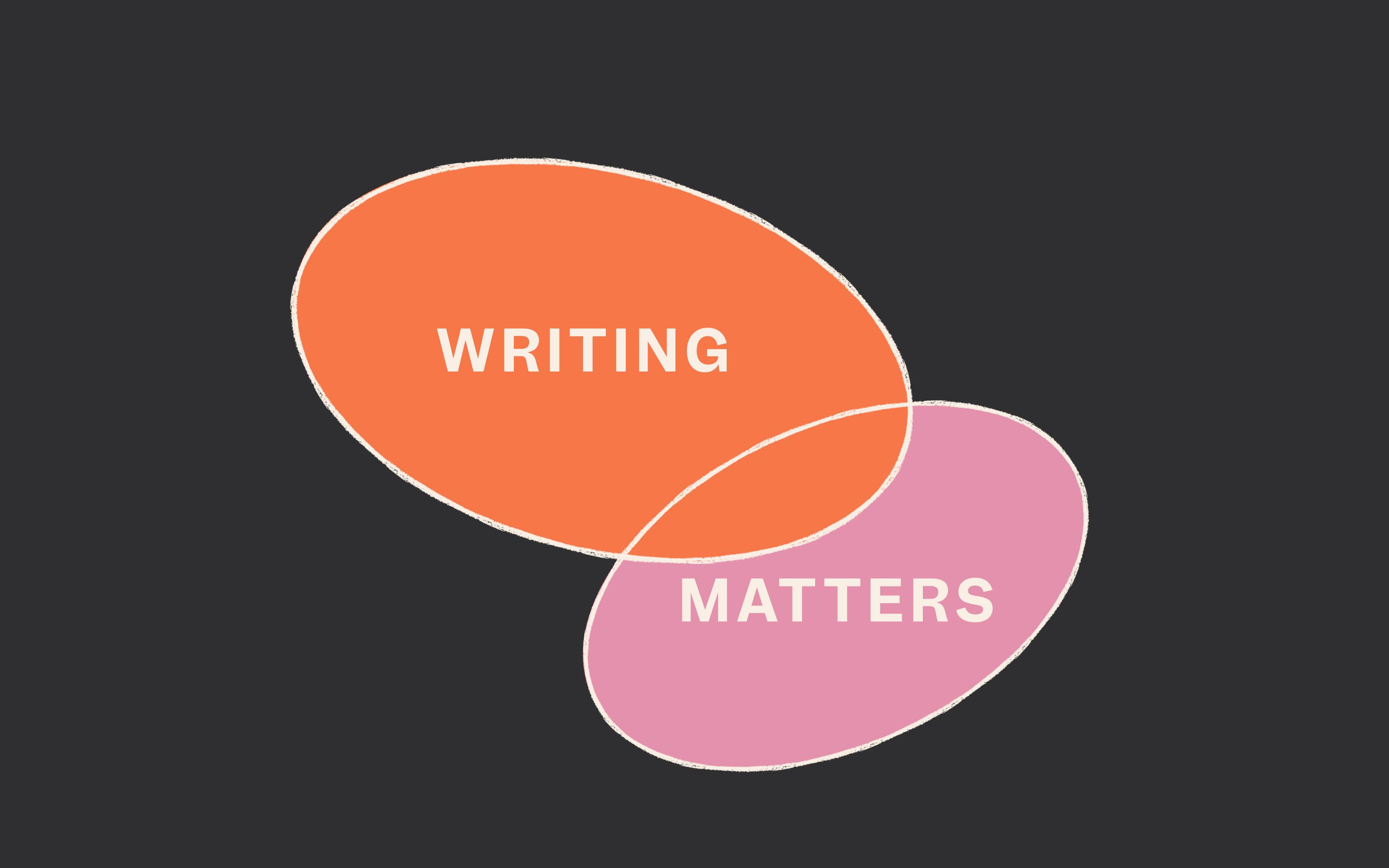
The power of writing.
By Elisa Reggiardo

The anatomy of a great doc
By Elisa Reggiardo

AI-deas in action
By Elisa Reggiardo

The quickstart guide to nurturing a culture of documentation
By Lauren Christiansen

How to go from insights to impact
By Elisa Reggiardo

The role of internal documentation in support teams
By Elisa Reggiardo

What would you do with 100 Robot-CTOs?
By Christophe Pasquier

Why your team needs a purpose-built knowledge base
By Lauren Christiansen

Why your team needs a Knowledge Manager
By Ishaan Gupta

Stop thinking about your knowledge base as a library
By Lauren Christiansen

Fixing our trust issues with AI
By Christophe Pasquier

Declutter your workspace, Part 2: Team Communication
By Lauren Christiansen

Declutter your workspace, Part 1: Organization
By Lauren Christiansen

How to write async weekly updates
By Lauren Christiansen

GPT is only half of the AI language revolution
By Jason Phillips, PhD

How AI will change your team's knowledge, forever
By Christophe Pasquier

How to resolve conflict in a remote team
By Lauren Christiansen

10 Recurring doc templates every team needs
By Melanie Broder

The SaaS promise of productivity is broken: here's why
By Lauren Christiansen

The art of user interviews
By Melanie Broder

Can a team build a second brain?
By Melanie Broder

Is remote work really sustainable?
By Melanie Broder
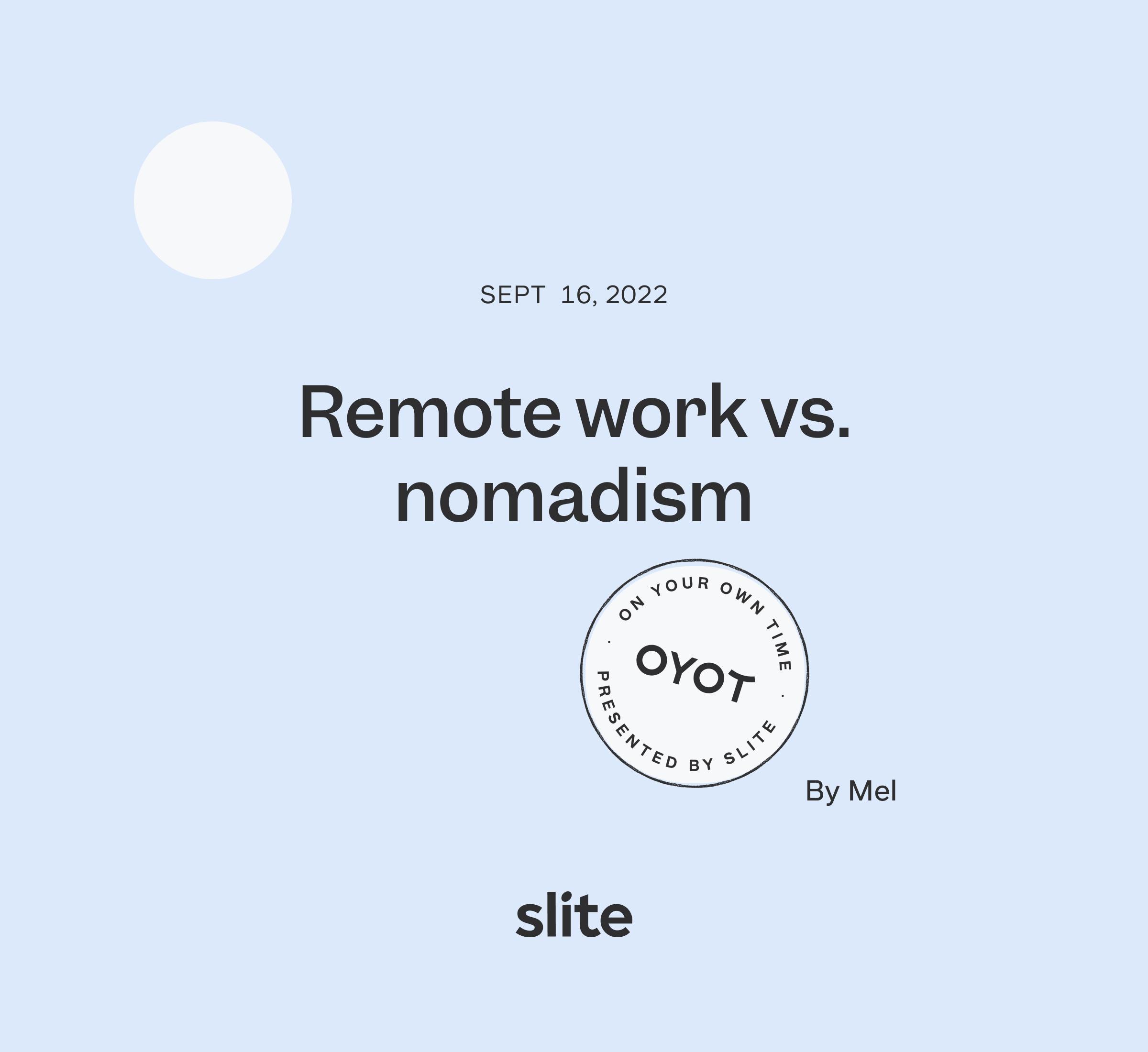
Remote vs. nomadism
By Melanie Broder

How to speed up the feeling of real-time collaboration (without doing much at all)
By Pierre Renaudin
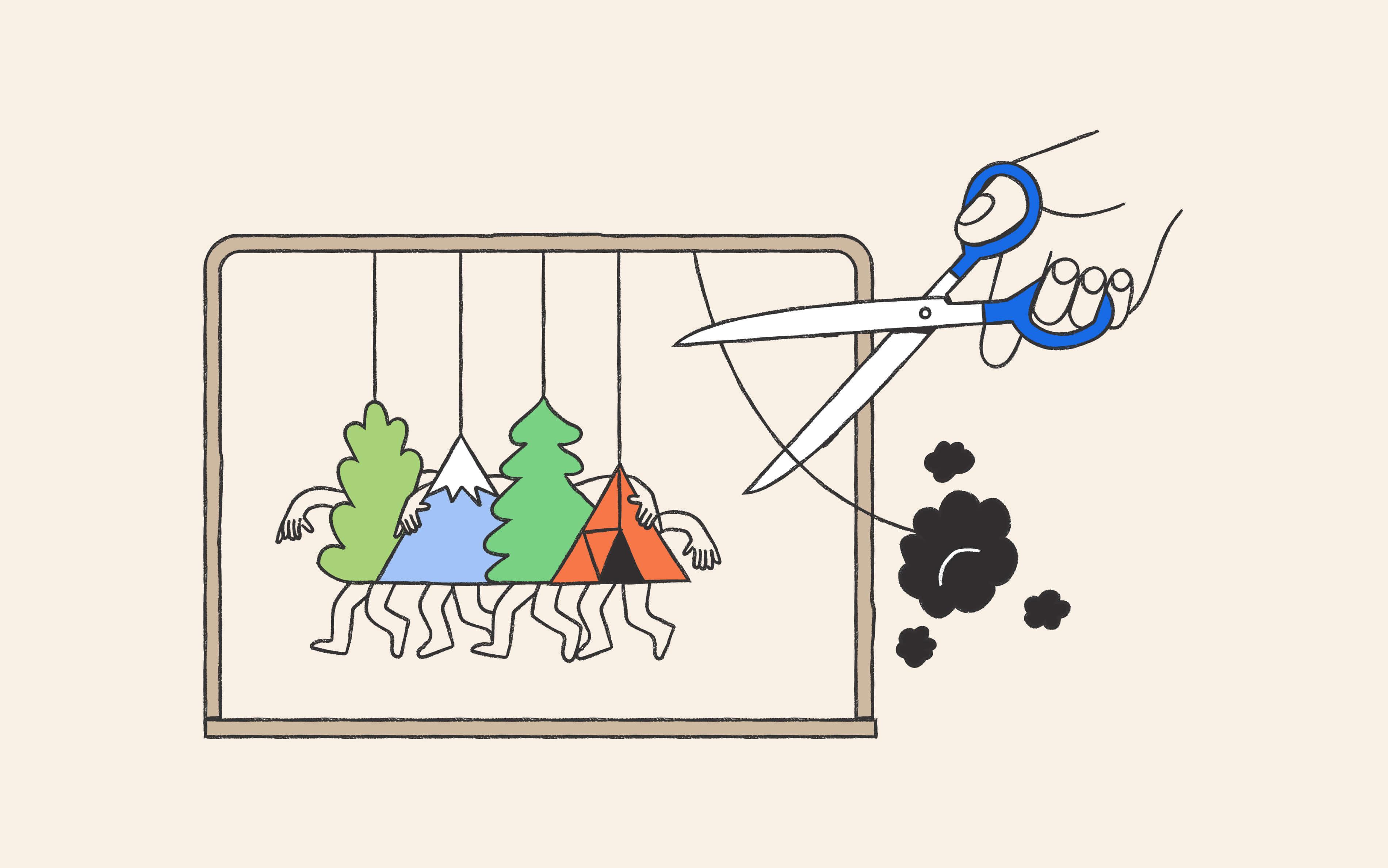
Bond with your team without killing the planet
By Christophe Pasquier

'People first' only goes so far for parents
By Alexandre Gaudencio

Is remote actually enjoyable?
By Melanie Broder
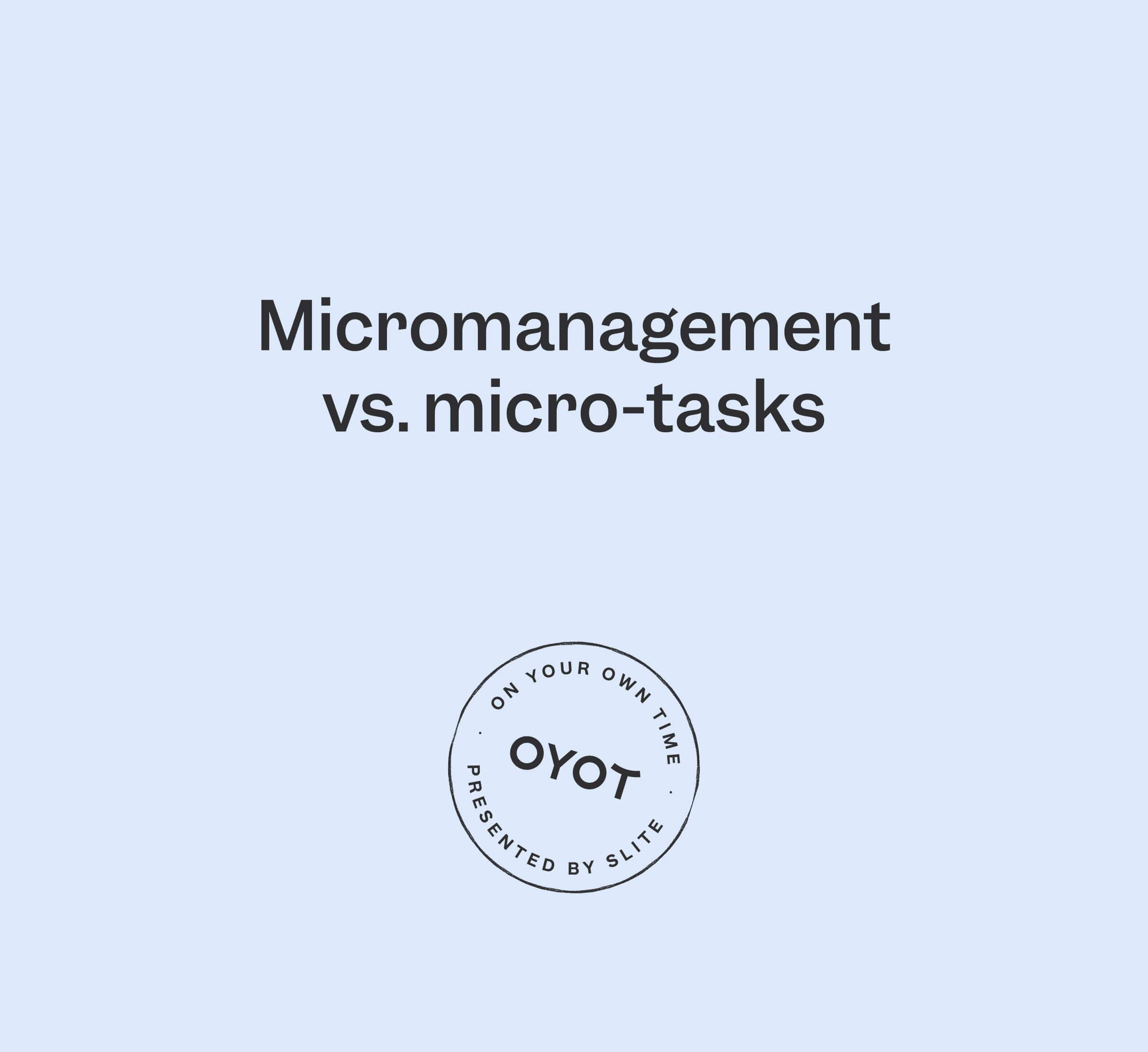
Micromanagement is not a bad word
By Melanie Broder

Remote in the real world
By Melanie Broder

How to use async video in your knowledge base
By Melanie Broder

It's time to get rid of recurring meetings
By Melanie Broder

Working on the weekends is fine
By Melanie Broder

What happened when we turned off self-serve sales for a week
By Brieuc Sebillotte

Why your first marketing hire should be a product marketer
By Melanie Broder

Who's Supporting Support?
By Melanie Broder

Our salary calculator for remote teams
By Clément Rog

How to balance remote work and mental health
By Marc Cinanni

The offsite plan for async teams
By Keysa Yánez

Making feedback count
By Clément Rog
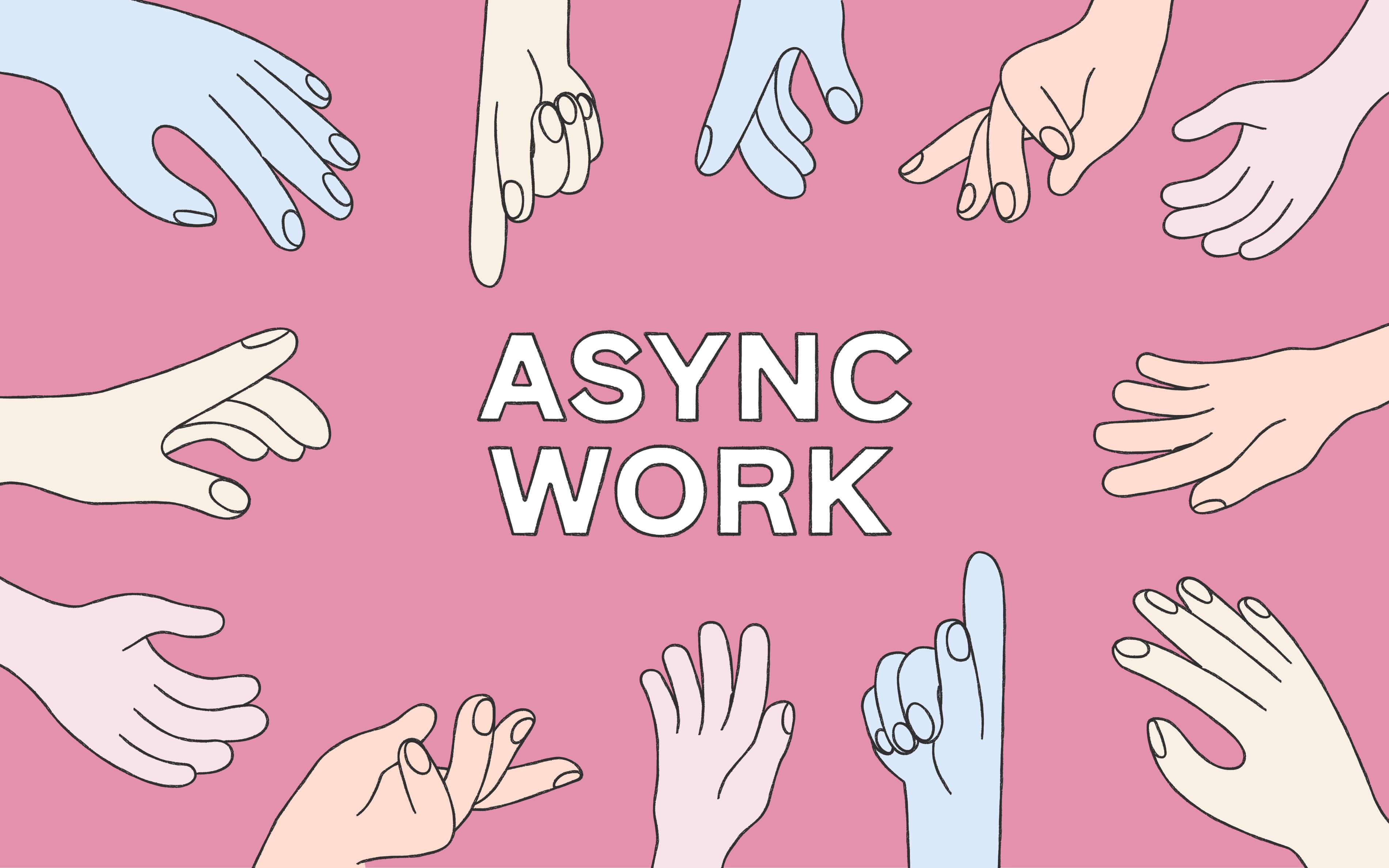
Async is for more than engineers
By Melanie Broder
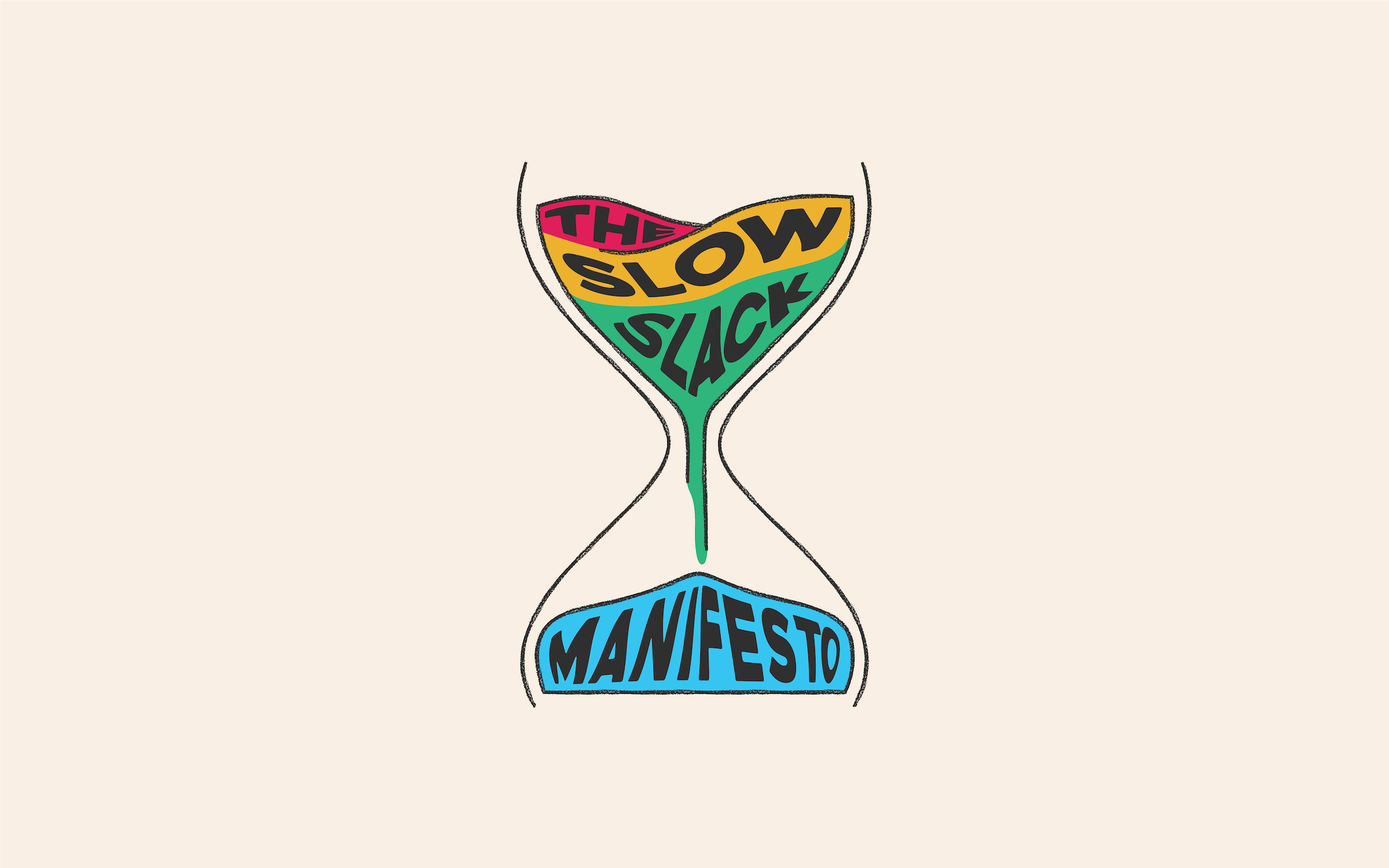
The slow Slack manifesto
By Melanie Broder

Managing in flow
By Melanie Broder

Leaving the roadmap behind
By Melanie Broder

We're not here to make friends
By Melanie Broder
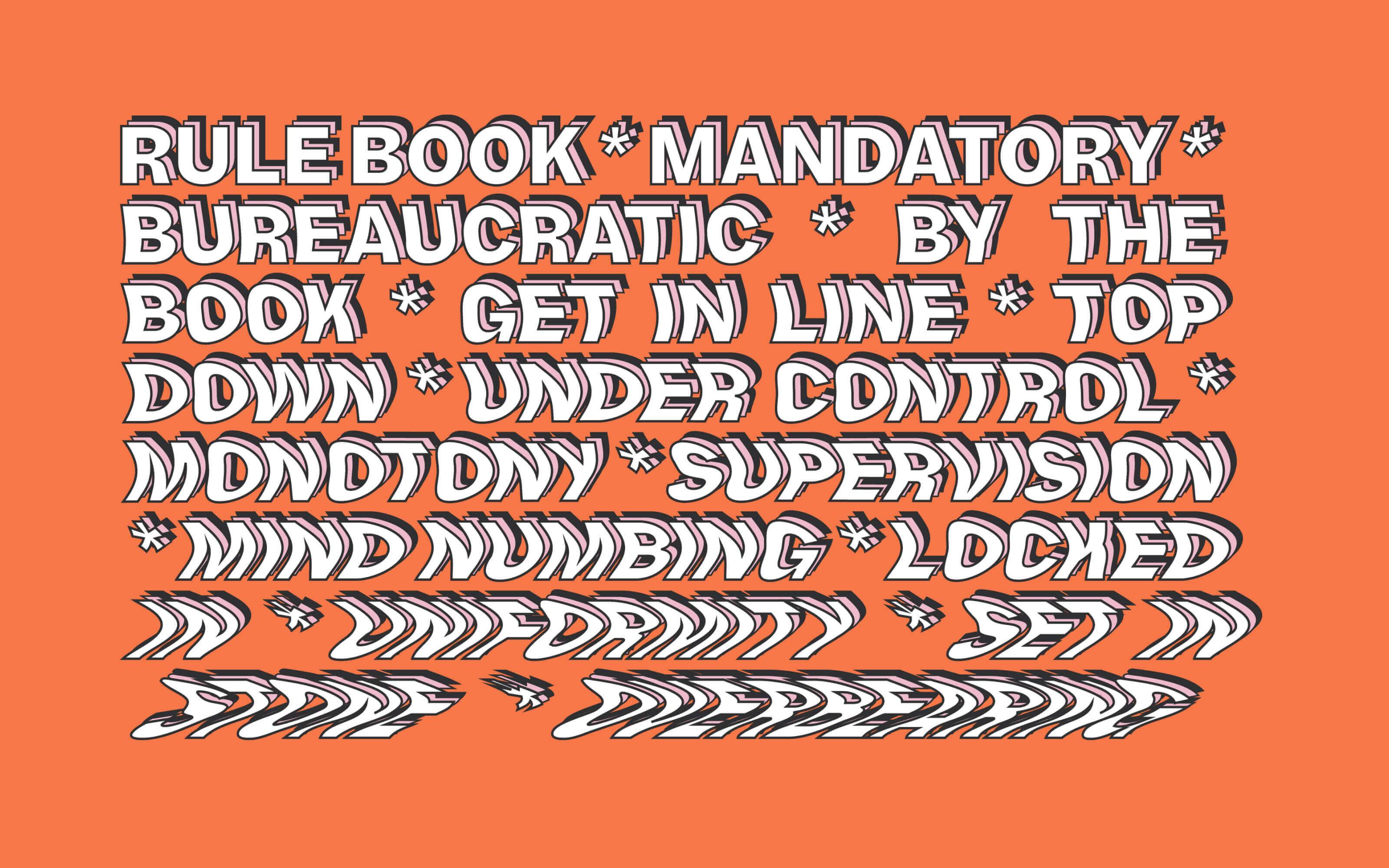
Don't Trust the Process
By Melanie Broder

We shouldn't have to work in English
By Melanie Broder

The Tango of Async Trust
By Marc Cinanni

Overcommunication is underrated
By Christophe Pasquier
![Let's discuss remote myths [video]](https://cdn.sanity.io/images/dnsgqii5/production/6f406d3120b368a91fee1caf0dce967d5aa0c245-1901x1189.jpg?auto=format&q=75&dpr=1)
Let's discuss remote myths [video]
By Marc Cinanni

A great manager is a great writer
By Marc Cinanni

Put a face to your words
By Christophe Pasquier

11 Ways Sliters are Using Slite
By Marc Cinanni

Behind the Screens at Slite
By Marc Cinanni

Let's pay our remote employees fairly, not equally
By Christophe Pasquier
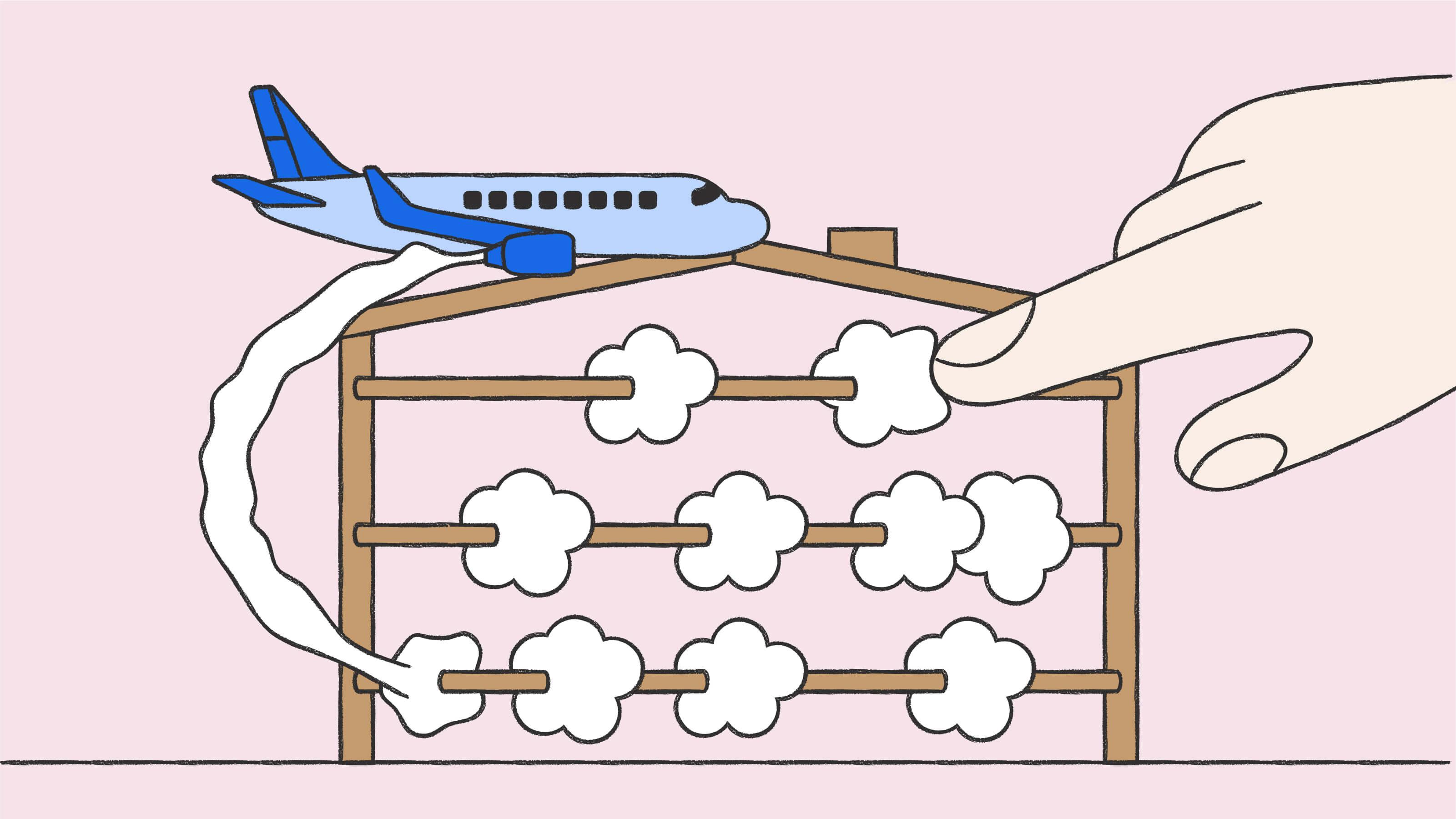
Is remote better or worse for the planet?
By Christophe Pasquier

We need to talk about remote
By Marc Cinanni

Remote Burnout
By Marc Cinanni

It starts with you.
By Marc Cinanni

Meet the new Slite
By Christophe Pasquier

An exciting milestone: Announcing our $11M series A
By Christophe Pasquier
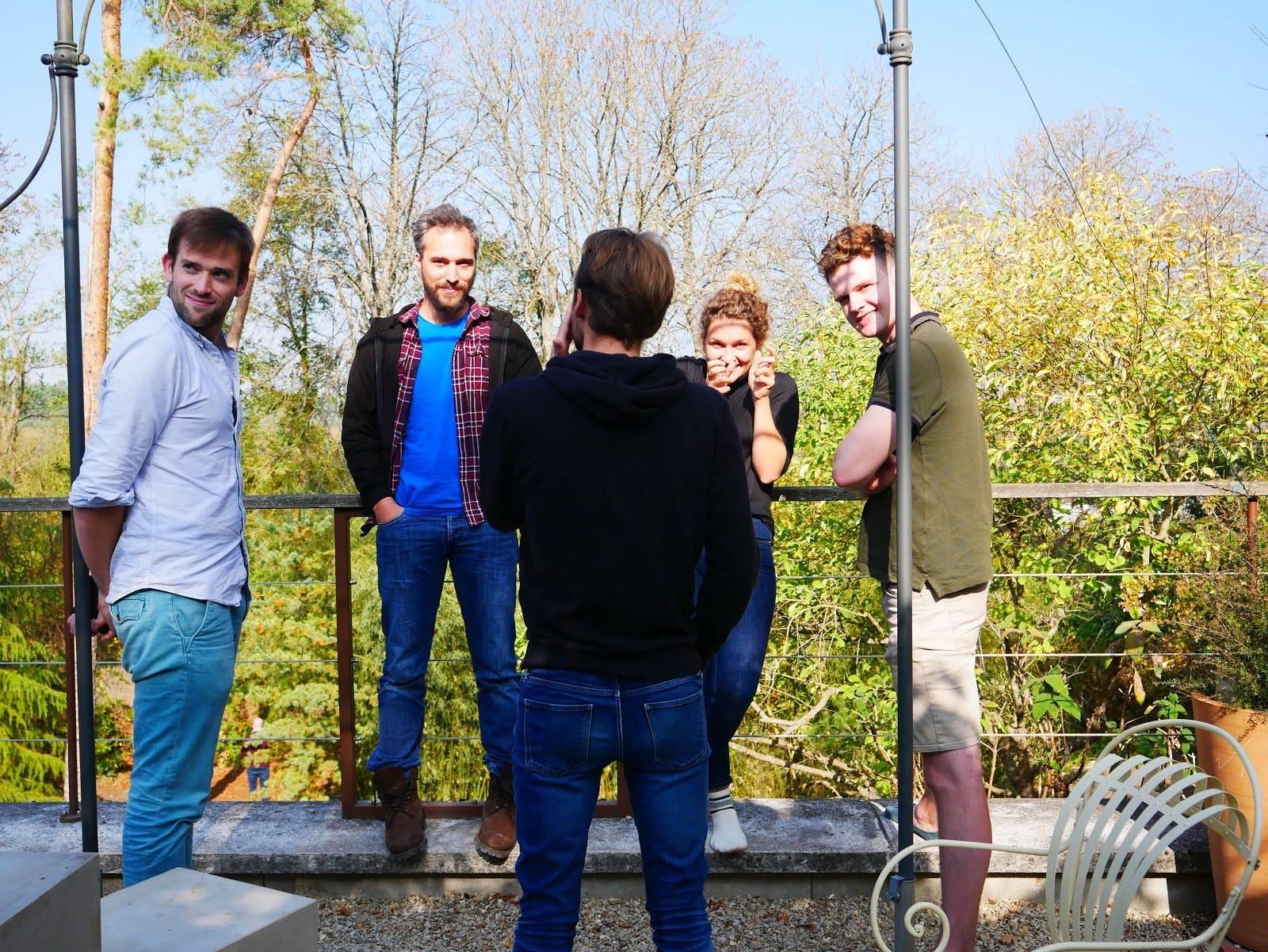
How Slite, Buffer and Doist manage remote-first teams
By Zara Burke

Here's how we received 86+ quality applications for our Software Engineering position
By Willem Wijnans

Stop showing design options and commit
By Rob McMackin

Lessons learned in growing Slite from 1 to 14
By Christophe Pasquier
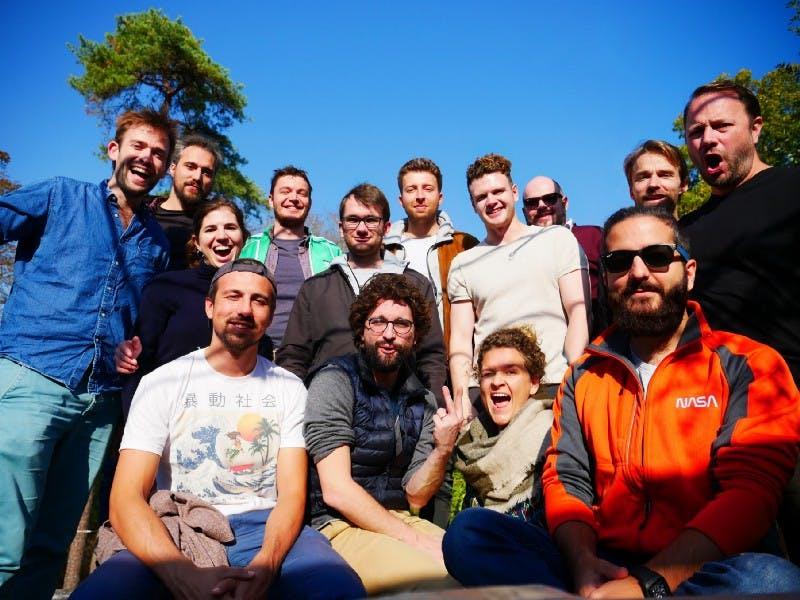
5 things we're keeping in mind working in squads
By Pierre Renaudin

How we're building our remote culture as we build Slite
By Pierre Renaudin

Our case for slow information
By Laure Albouy

Why we raised $4.4M
By Laure Albouy

Slite is Slack’s best friend 🤗
By Laure Albouy

Do your employees a favor: rock their onboarding
By Laure Albouy

6 tips to get started with Slite
By Laure Albouy

How to create a knowledge base as a team from day One
By Laure Albouy